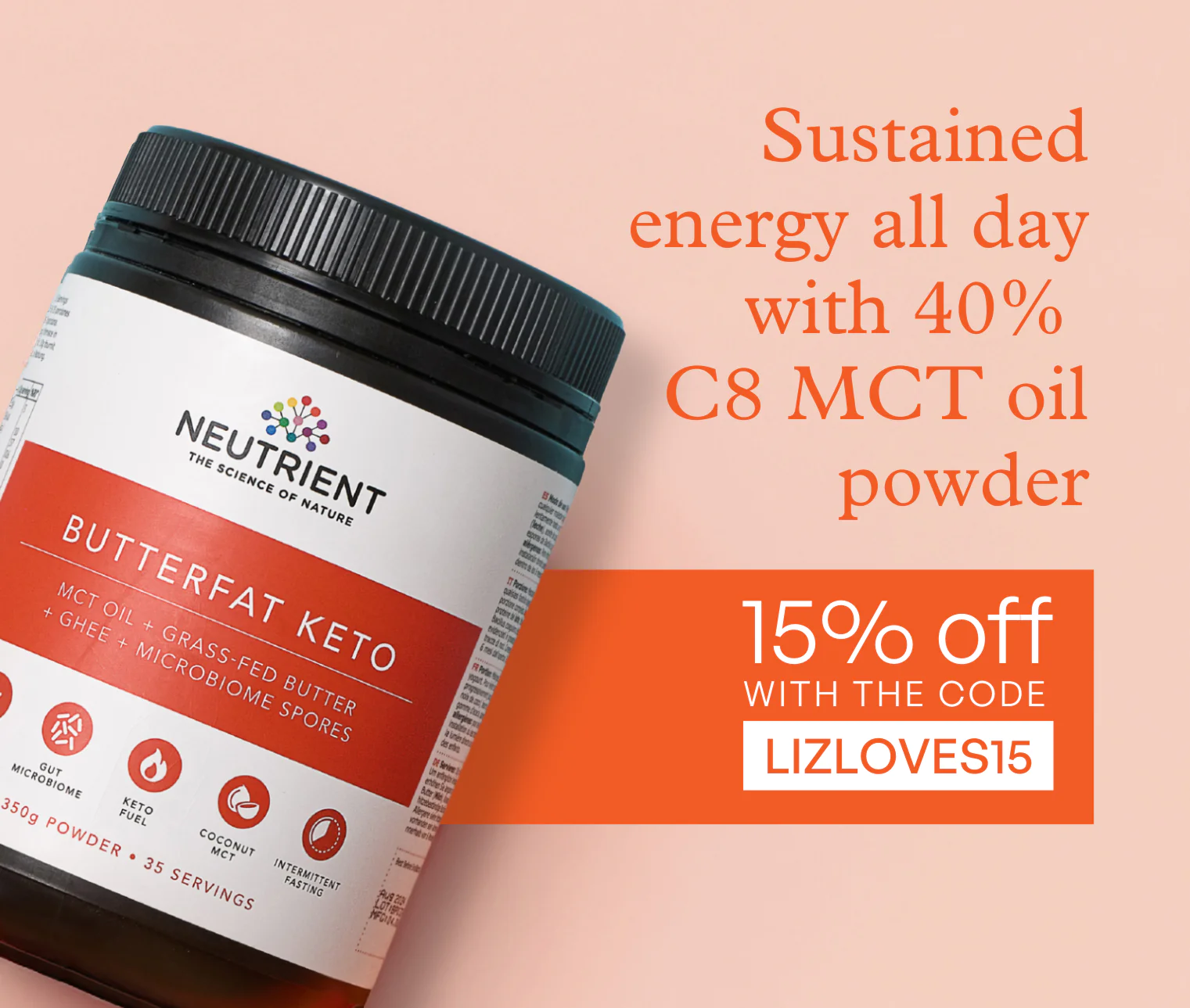Health
“Why I stopped counting calories in midlife”
Our founder, Liz Earle, explains why she no longer counts calories as a means of managing her weight.
Most of us grew up in an era when calorie-counting seemed the obvious way to reduce weight. The problem is that not all calories are created equal.
How our bodies burn calories depends on many factors, including the type of food we’re eating, our metabolism and even our gut microbes.
Two people can eat exactly the same number of calories and yet the outcome can be very different when it comes to weight loss…
“Why I stopped counting calories in midlife”
When you think about it, counting calories doesn’t actually make much sense. Two hard boiled eggs contain about the same number of calories as a small 45g bag of Skittles (around 180kcal), but the fats and protein in the eggs will keep us feeling fuller for longer (the satiety factor), whereas scoffing a few handfuls of sugary sweets just sends our blood sugars soaring – leaving us feeling even hungrier than before, so we eat even more.
The calories that come from UPFs have also been shown to cause the greatest weight gain when compared to exactly the same number of calories that come from natural, whole foods cooked from scratch. So, trust me on this: stop counting calories!
Eat smarter
If you want something to count, count the grams of sugars you’re eating. I switch to eating only naturally low-sugar foods (or those sweetened with sugar-free alternatives such as stevia or monk fruit – see page 180) containing less than 5g sugars per 100g if I’m trying to shift a few pounds. Just as we don’t need to count calories, we should also stop obsessing over our food.
Hypervigilance over every mouthful is not only unnecessary, but can also lead to disordered eating and orthorexia (an unhealthy obsession with ‘healthy’ eating – of any kind). I’m more in favour of ‘intuitive eating’, a personalised approach based on internal cues, with a genuine focus on wellbeing (as in feeling really well) not weight loss, which automatically follows as a beneficial side effect.
My view is that if the body is functioning well, running on the foods it actually needs for energy, mental health and physical strength, the excess pounds are far more likely to be shed. It may take a bit more time, but it will avoid the ups and downs of the more depressing diets and – more importantly – free up our moods and minds to focus on more life-enhancing things.
Find more of Liz’s tips for health in midlife and beyond in A Better Second Half





